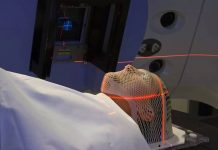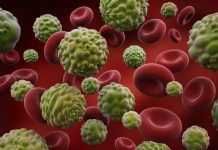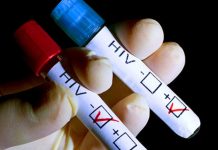 On Wednesday, researchers announced that they may have found some indication as to why diet changes are effective or ineffective in restricting cancer growth.
On Wednesday, researchers announced that they may have found some indication as to why diet changes are effective or ineffective in restricting cancer growth.
As far back as 100 years ago, researchers noted that there was any relation between the growth of certain kinds of cancers and the amounts of calories consumed by patients.
However, scientists have never managed to figure out just exactly how this phenomenon occurs and why it can also have no affect or be extremely helpful. Because of this lack of certainty, many cancer treatment specialists have not pointed out the possibility of diet change and possible cancer link to their patients.
Now scientists at the highly respected MIT believe they may have discovered the answer. Researchers David Sabatini and Nada Kalaany conducted experiments in regards to 6 different types of cancer tumors.
They gave to separate groups of mice different diets one low in calories and one not. The conclusions they gathered from their investigations point to an enzyme known as phosphatidylinositol-3-kinase (PI3K).
They believe that PI3K plays a large part in the spread of cancerous cells in the human body. If the enzyme is blocked low-calorie diets seem effective, if it is not then there seems to be no effect from decreasing the amount of calories eaten.
This may be an extremely important discovery, as pharmaceutical manufacturers may be able to produce compounds that replicate the effects of allowing PI3K not to be blocked by the body’s natural defenses.
This could prove to be highly significant as those people for who low-calorie diets are effective are as much as 50% less prone to certain types of cancers and the way they proliferate.














